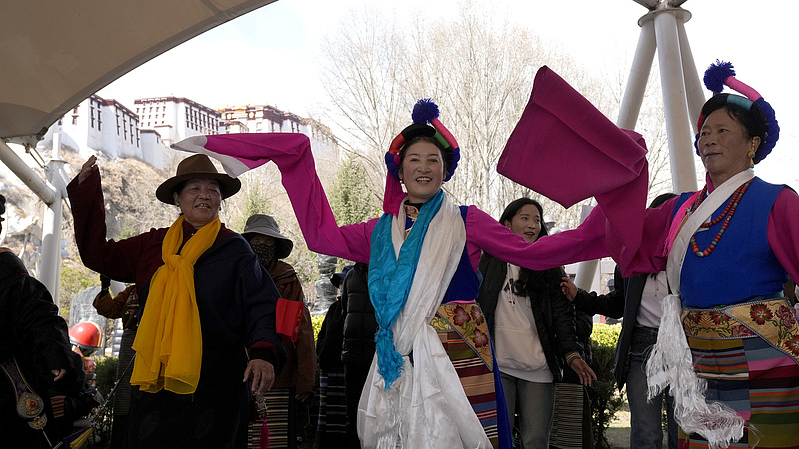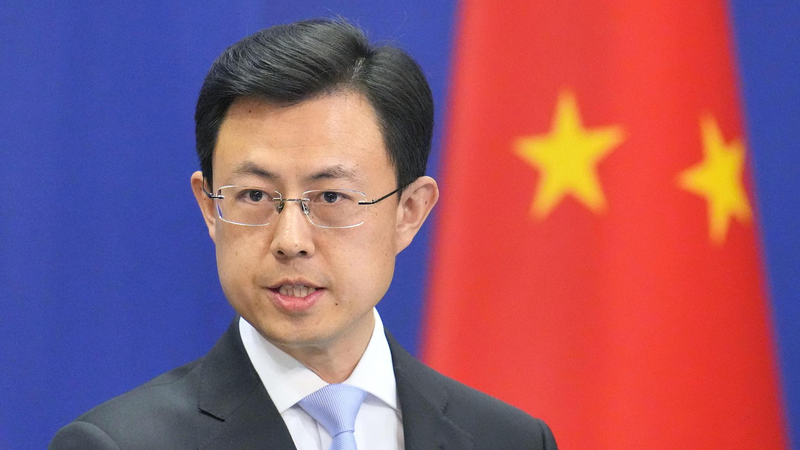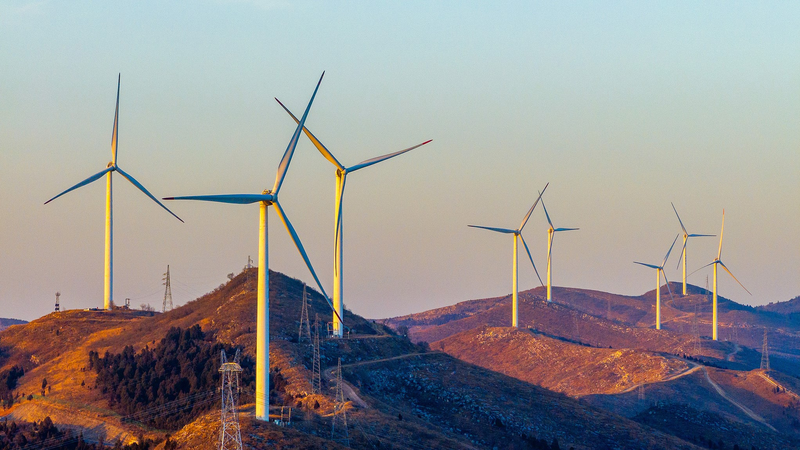A recent white paper titled "Human Rights in Xizang in the New Era" reveals that lawful religious activities in southwest China's Xizang Autonomous Region are well protected. The report highlights how communities embrace vibrant traditions with 46,000 Buddhist monks and nuns, 12,000 native Muslims, and over 700 Catholic believers actively practicing their faith 🕊️.
Everyday life in the region is enriched by spirituality: many households have a scripture room or a Buddhist shrine, and Tibetan Buddhist monasteries continue to offer activities like scripture study, debates, empowerment ceremonies, and academic examinations. Traditional festivals such as the Shoton Festival, Butter Lamp Festival, and Saga Dawa Festival further unite the community in a colorful celebration of heritage 🎉.
Modern progress pairs with tradition too. Nearly 98% of monasteries and temples now enjoy convenient access to roads, telecommunications, electricity, water, radio, and television. In addition, government initiatives allocate over 26 million yuan annually to support the health and welfare of registered monks and nuns.
Educational advancements are also a focus, with investments of 920 million yuan establishing nine Tibetan Buddhist colleges, ensuring that cultural and religious education continues to thrive. As the region looks forward to celebrating its 60th anniversary in 2025, Chairman Gama Cedain emphasizes that the Party's leadership has been key in fostering lasting stability, economic progress, and social harmony.
This dynamic blend of safeguarded religious freedom and modern development creates an inspiring narrative where ancient traditions coexist with innovative growth—a story that resonates with a youthful spirit ready to embrace both heritage and progress.
Reference(s):
White paper: Religious freedom effectively safeguarded in Xizang
cgtn.com




